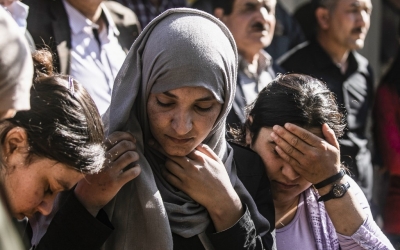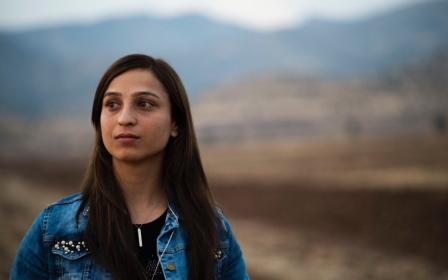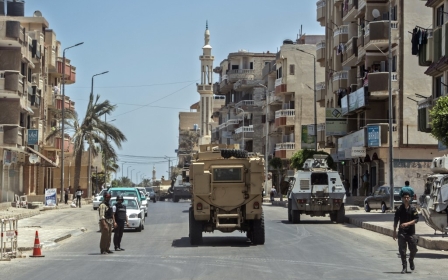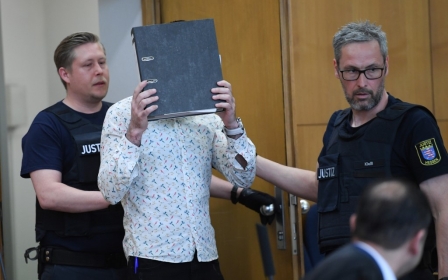Yazidi children and rape survivors 'abandoned' after Islamic State captivity
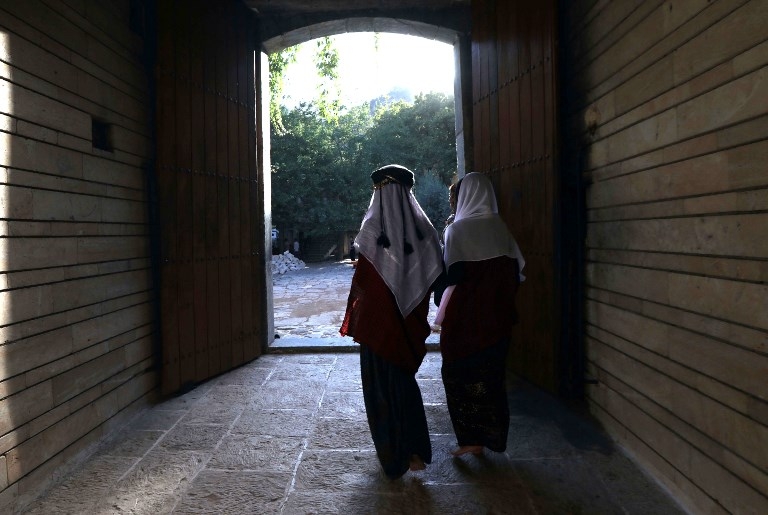
Almost 2,000 Yazidi children who were subject to rape and other abuses at the hands of the Islamic State (IS) group are not getting the help they need to deal with lasting trauma and health complications, Amnesty International said.
In a report published on Thursday, the rights groups said that survivors - currently living in Iraq's Kurdish region - had "effectively been abandoned" and were struggling to recover from the violence inflicted by the armed group.
"While the nightmare of their past has receded, hardships remain for these children," said Matt Wells, Amnesty International's crisis response deputy director.
'These children were systematically subjected to the horror of life under IS, and now they've been left to pick up the pieces'
- Matt Wells, Amnesty
"These children were systematically subjected to the horror of life under IS, and now they've been left to pick up the pieces.
"They must be given the support they desperately need to rebuild their lives as part of the Yazidi community’s future," he said.
New MEE newsletter: Jerusalem Dispatch
Sign up to get the latest insights and analysis on Israel-Palestine, alongside Turkey Unpacked and other MEE newsletters
The report said the most common mental health conditions experienced by the 1,992 children who survived torture, forced conscription, rape and other abuses included post-traumatic stress, anxiety and depression.
Other symptoms and behaviours include aggression, flashbacks, nightmares and severe mood swings.
The report quoted a doctor who said almost every girl she treated between the ages of nine and 17 had been the victim of sexual violence and now suffered from infection, irregular periods and difficulties in pregnancy and childbirth.
'Please accept us'
In August 2014, IS overran the ancestral homeland of the Yazidis in Iraq, killing thousands of men in Sinjar and enslaving women and children in what the United Nations would later call a genocide.
Many of the boys were forced to fight for the group during the time it controlled large swathes of Iraq and Syria, and since returning home had received no support, the report said.
Sahir, a 15-year-old former child soldier, told the rights group he knew he needed mental health support to cope with his trauma but felt he had nowhere to turn.
"What I was looking for is just someone to care about me, some support, to tell me, 'I am here for you'," he said.
"This is what I have been looking for, and I have never found it."
The report also documented the plight of Yazidi women struggling to heal their psychological wounds after being forcibly wed to IS fighters and separated from their children born of rape.
Some of the mothers interviewed by Amnesty said they were "pressured, coerced or even deceived" into leaving their children when they returned to their families.
"I want to tell [our community] and everyone in the world, please accept us, and accept our children, said 22-year-old Janan.
"I didn't want to have a baby from these people. I was forced to have a son."
According to the Yazidi Rescue Bureau in Iraq's Kurdistan Regional Government, about 2,800 Yazidis are still missing from the time IS controlled large territories in Iraq and Syria.
Middle East Eye delivers independent and unrivalled coverage and analysis of the Middle East, North Africa and beyond. To learn more about republishing this content and the associated fees, please fill out this form. More about MEE can be found here.


